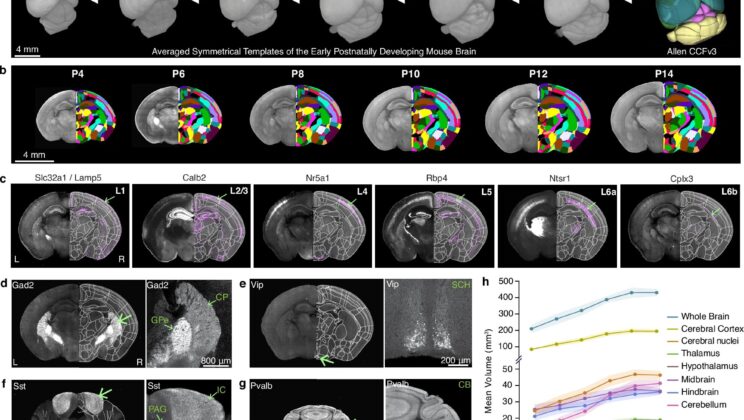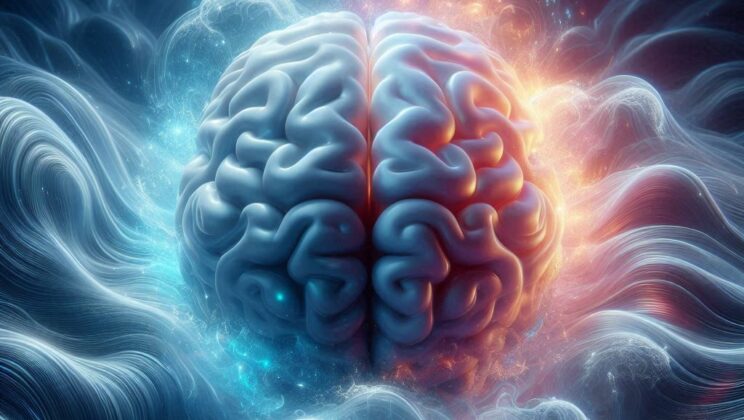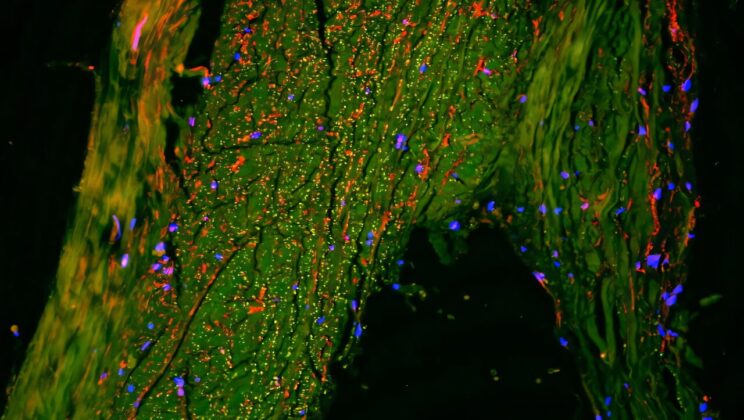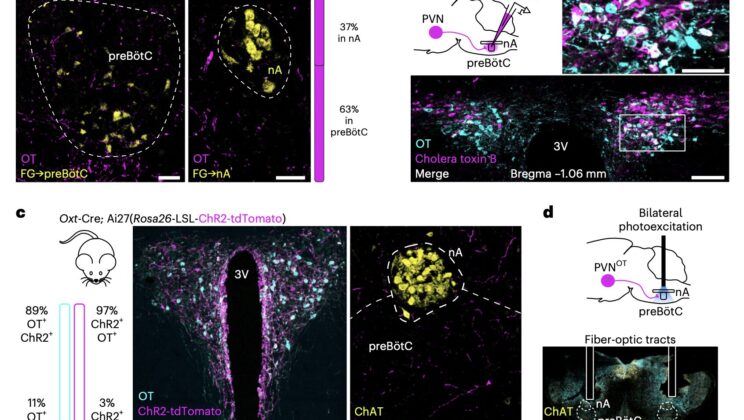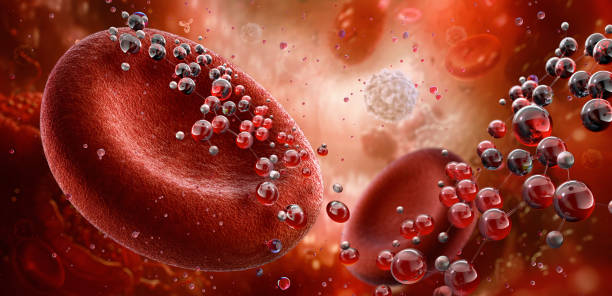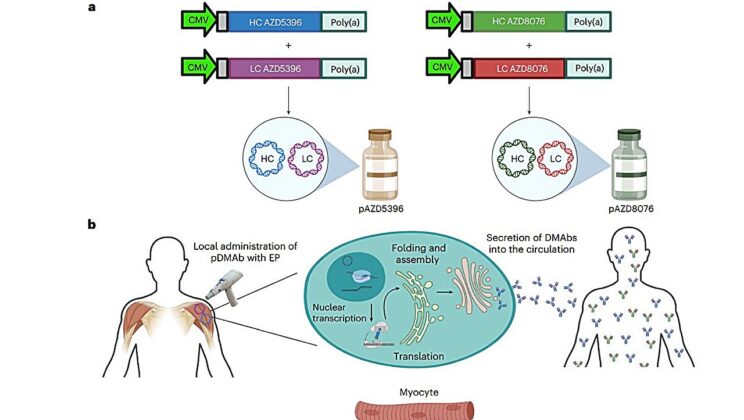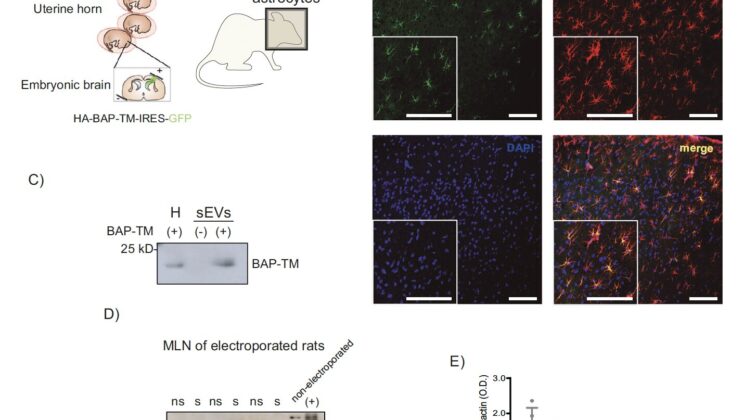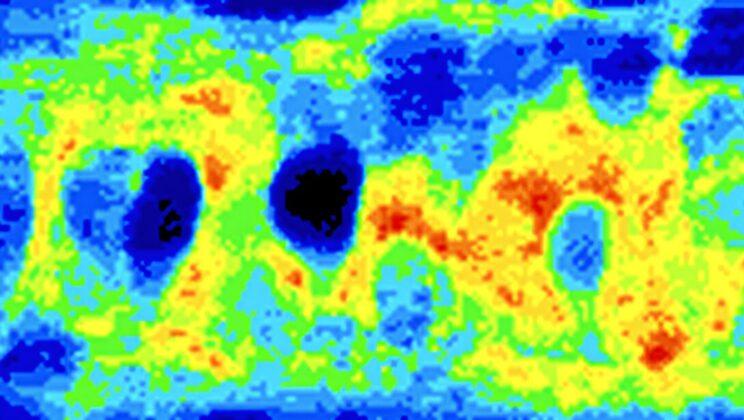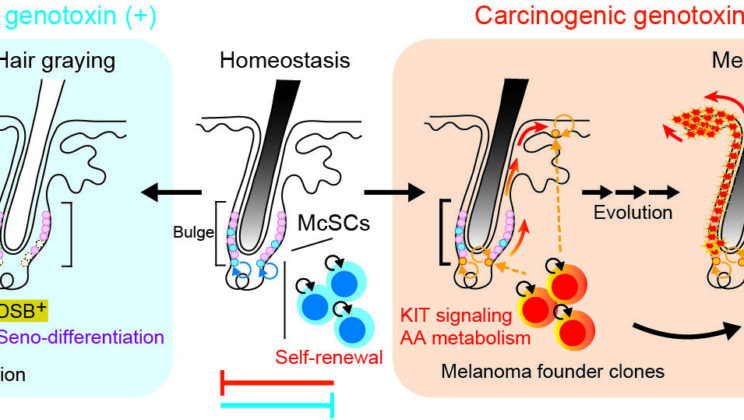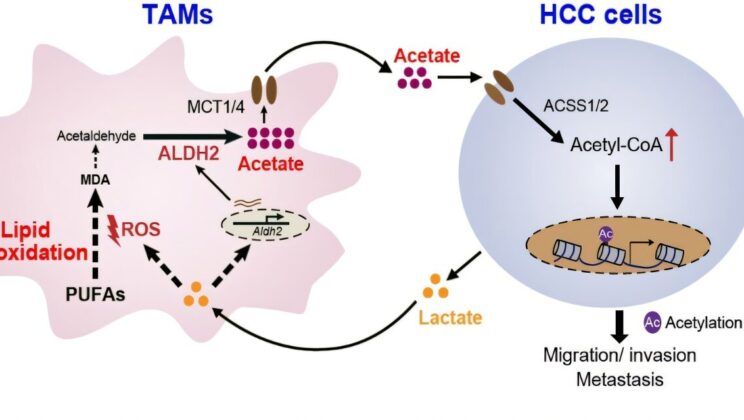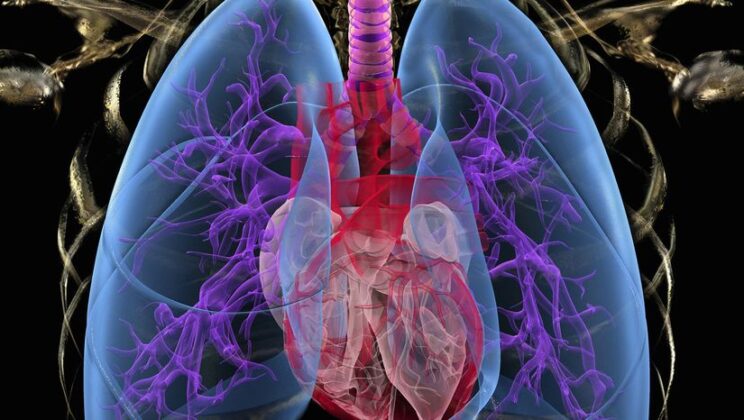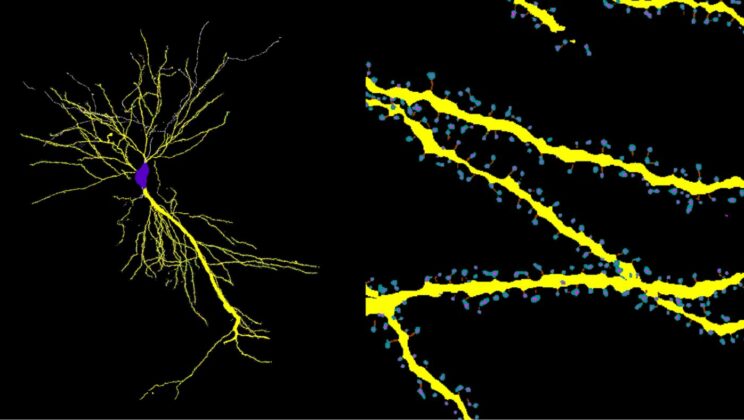The brain does not grow like a staircase—step by step, predictably. Instead, it unfolds like a living symphony, where countless…
Category: Health and Medicine
Your Brain Cleans Itself While You’re Awake — But It Comes at a Shocking Cost
Nearly everyone knows the feeling: you wake after a night of poor sleep, and the world feels slightly out of…
Scientists Decode the Brain’s Hidden Circuit That Keeps Your Memories From Fading
Memory is not just a recording of our experiences—it is a living process, constantly shaped, strengthened, and stabilized by the…
Scientists Discover Hidden “Drainpipe” in the Human Brain That Takes Out Its Trash
Every moment, your brain hums with electrical activity—thinking, remembering, feeling, and sensing. But all this work produces biological “trash”: waste…
What Happens When the Brain Loses Its Rhythm? The Discovery That Could Transform Parkinson’s Treatment
When we think of Parkinson’s disease, we often picture the visible signs—shaking hands, slowed movements, and stiffness. But behind these…
Scientists Found a “Calm Switch” in the Brain — And It Runs on Oxytocin
When the body is calm, the heartbeat slows and breathing settles into an easy rhythm. Under strain — a sprint,…
Can Fat Help Hair Grow Back? New Study Reveals a Hidden Regeneration Circuit Beneath the Skin
Baldness has always been framed as a permanent loss: once hair disappears, it is gone for good. But science has…
Rapid Tooth Loss Could Be a Silent Death Warning, New Study Finds
We tend to think of losing teeth as an ordinary part of growing old — inconvenient, maybe embarrassing, but not…
Did a Common Psoriasis Drug Quietly Slash Long-Term Cancer Risk? New Danish Data Says Maybe
Cancer risk is the shadow that follows every long-term immune-modifying therapy. For people living with moderate to severe psoriasis, biologic…
Lack of Oxygen Leaves a Genetic Scar on Immunity, New Study Warns
Our lungs are not only gateways for air — they are gatekeepers for immunity. When oxygen runs low inside the…
First-Ever DNA “Self-Antibody” Shot Works in Humans, and Its Protection Lasted 72 Weeks
For years, medicine has fought viruses with a straightforward logic: if a patient doesn’t have enough protective antibodies, supply them…
Scientists Find Brain Sends “Stress Bombs” That Ignite Gut Inflammation
For millions of people living with inflammatory bowel diseases such as Crohn’s disease and ulcerative colitis, the illness is not…
Why ALS Destroys Only One Kind of Neuron — New Study May Finally Explain the Mystery
ALS — amyotrophic lateral sclerosis — is a disease that is as cruel as it is puzzling. It strips people…
Why Your Gray Hair Might Be a Sign Your Body Just Prevented Cancer
Every day, the cells in our bodies are bombarded by harmful influences — ultraviolet rays from sunlight, environmental toxins, metabolic…
Liver Cancer Doesn’t Spread Alone — It Forces Immune Cells to Help, Study Reveals
Liver cancer is one of the deadliest cancers on Earth, not because it grows fast but because it spreads silently.…
No Sugar Before Age 2 Could Delay Heart Disease by Years, Study Suggests
A new study published in The BMJ suggests that the human body does not easily forget what is eaten in…
Your Brain Doesn’t Fully Shut Down When You Sleep — New Study Reveals the Secret
Every night, the brain performs a delicate and mysterious maneuver: it withdraws from conscious life without ever going fully offline.…
Scientists Watch Deadly Lung Bug Evolve Live Inside Patients — And Finally Understand Why It Won’t Die
Chronic lung infections do not always announce themselves with drama. Sometimes they live quietly for years, weakening patients slowly, surviving…
This Open-Source AI Can See Brain Damage Before Doctors Can
The human brain is often described as the most complex object in the known universe. Hundreds of billions of neurons…
Scientists Found the Brain’s “Missing Half” — And It’s Not Neurons
For more than a century, the story of the brain has been told as a story about neurons. These electrically…
Scientists Just Upended What We Thought We Knew About Gluten — Millions May Have Been Misled
For years, millions of people have avoided gluten believing it was the culprit behind their gut pain, fatigue, headaches, and…
Scientists Thought This Fat Enzyme Just Burned Calories — Then They Found It Living a Secret Second Life in the Nucleus
For decades, hormone-sensitive lipase — HSL — has been cast in a simple role: the molecule that gives fat cells…
